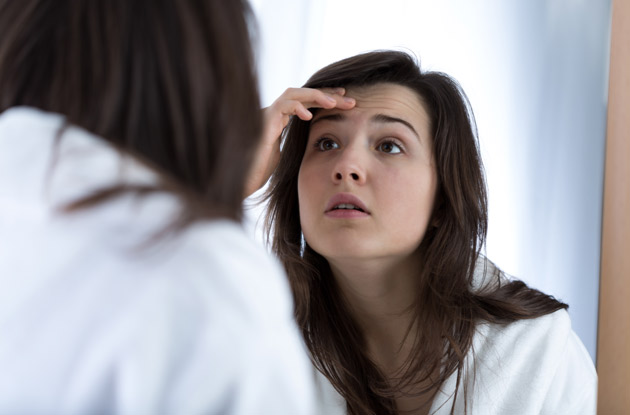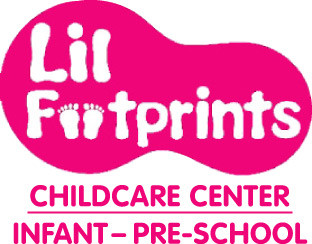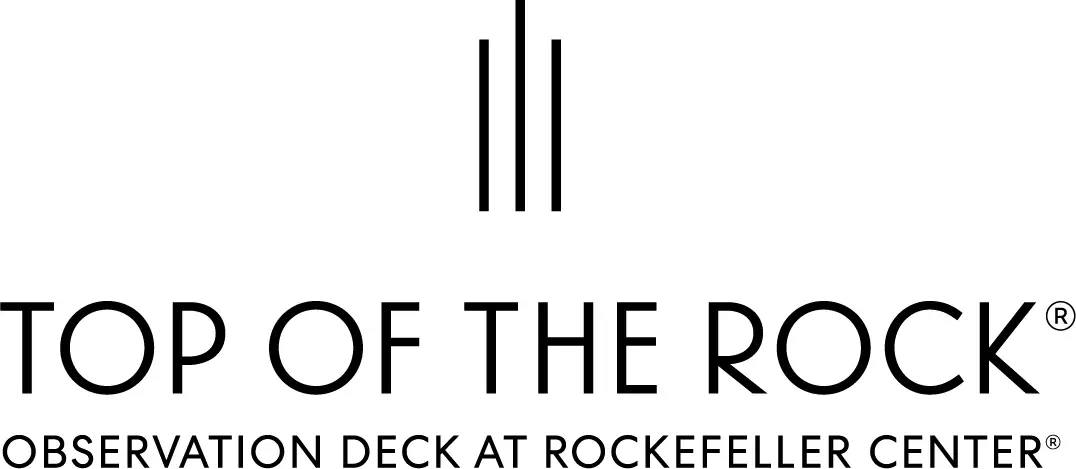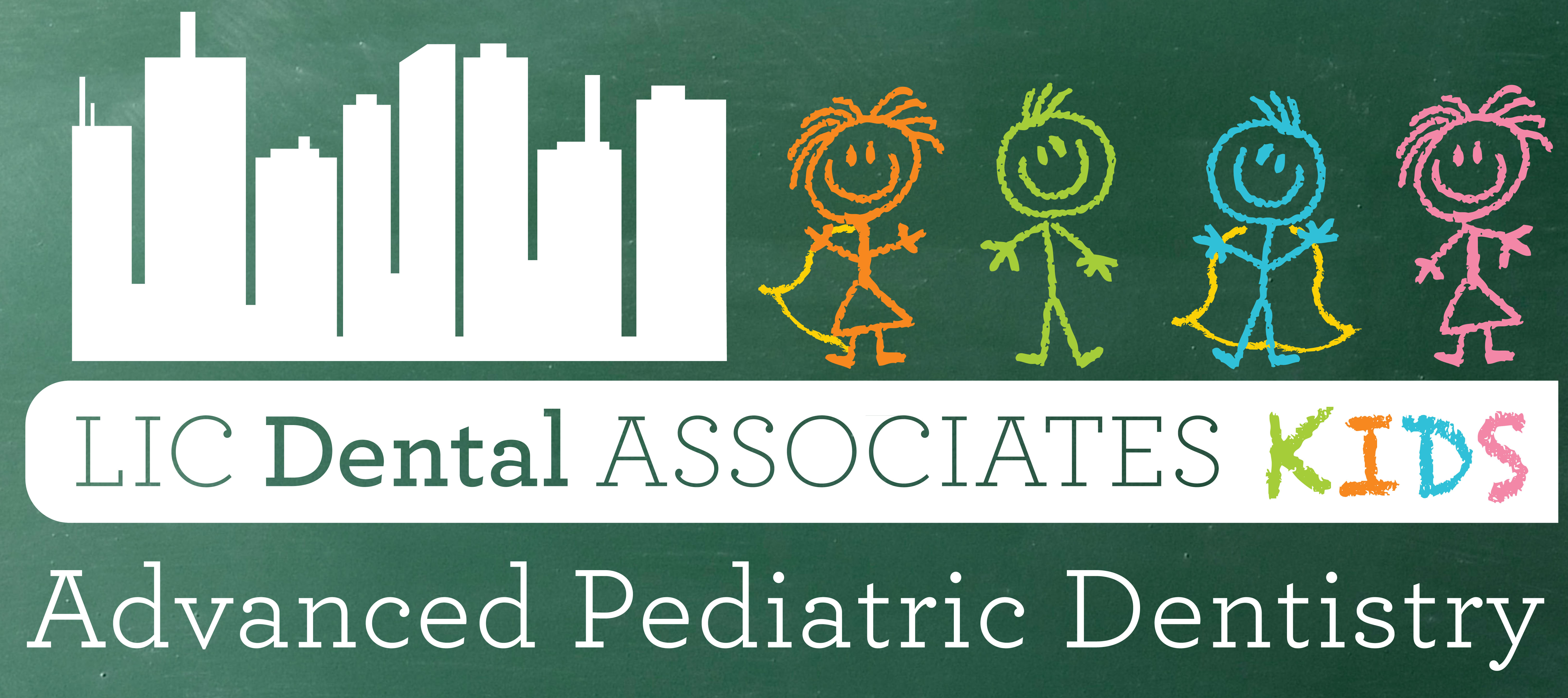Adolescence is a time rife with changes in your teen, from mood swings to growing pains and most dreaded of all: acne. The changes in appearance your teen are experiencing can cause self-esteem to plummet, so experts share how you can clear your teen's acne and make sure her self-esteem stays intact. Plus, find out when it may be time for your teen to see a therapist to help her deal with the effects of acne on her psyche.
As a tween with the (seemingly) sudden onset of zits and blackheads clogging my pores, I devoured all the information I could find about acne, its causes (so I could avoid those factors to the best of my ability), and how to get rid of it once and for all. Because, really, who wants acne? I tried all the over-the-counter cleansers and spot treatments on the market. I convinced my mom to splurge and get me Proactiv. I was desperate to clear up my face because I was so self-conscious about breakouts—heck, I still am.
In middle school, I got bangs to hide any zits on my forehead. In high school, I started dabbling in makeup to conceal blemishes. I still conceal breakouts with makeup, but the difference between now and then is I actually know what I’m doing with makeup—YouTube tutorials didn’t exist when I was in my early teens. The only thing that kept me sane was the fact that some of my close friends were also struggling with acne.
Some tweens and teens might not be so lucky and escape serious self-esteem issues related to acne, especially when it comes to seeing the “perfect” pictures others are posting on social media . (Thankfully Facebook was in its infancy and only open to college students and Instagram didn’t exist when I was in high school, so I didn’t have pictures of people with clear skin flooding my feeds.) What’s encouraging, though, is a lot of celebrities are being real about their skin: Most notably, Lili Reinhart of Riverdale fame has been refreshingly honest about her battle with cystic acne in her Instagram stories .
“The struggle is real, as they say,” says Rachel Nazarian, M.D., F.A.A.D. , who dealt with acne in her late teens. Dr. Nazarian is a board-certified dermatologist, a Fellow of the American Academy of Dermatology, and sees patients at Schweiger Dermatology Group in New York City.
The one thing I didn’t do as a teen, regrettably, was talk to a dermatologist to figure out the best course of treatment for my skin.
Acne Types and Treatments
There are two categories of acne: inflammatory lesions, which are more likely to scar such as cystic acne (usually deep, bumpy, tender, red nodules) and non-inflammatory lesions, such as whiteheads and blackheads, which are less likely to scar unless the teen picks at them, according to Dr. Nazarian.
Dietary factors may play a role in acne, but “it’s a pretty weak link at this point,” Dr. Nazarian says. There’s no hard evidence, but some studies have suggested dairy products containing natural growth hormones can stimulate over-oil production and cause pimples, and high-glycemic (sugary) and greasy, fried foods are also thought to be linked to acne, Dr. Nazarian explains. “But short of that, we know that most acne is actually just caused by a very normal reaction of the skin from internal hormones and chemicals in the body that can happen from stress, it can just happen from normal puberty, and certainly there are things that you can take [such as medications and supplements] that will absolutely cause acne, but that is not a regular cause,” she says.
“There are so many different treatments now depending on what the patient comes in with and truly how they feel about it, how quickly they need it gone, how distraught they are,” Dr. Nazarian says, and a number of those treatments can be used at the same time.
Topically, salicylic acid and benzoyl peroxide, peels such as glycolic acid, and a range of retinoids can be found over the counter or by prescription, according to Dr. Nazarian. Oral prescriptions include antibiotics such as doxycycline or minocycline, isotretinoin (more commonly known by the former brand name Accutane), as well as spironolactone, an option for females only, Dr. Nazarian says. Dermatologists also have tools, such as lasers and blue lights, they can use in the office.
One thing to keep in mind: The more your teen can do to prevent bacteria from clogging her pores, the better off her skin will be. Some easy things he can do are wash his face twice a day with a gentle cleanser but don’t over-scrub, change his pillowcase once a week, regularly wipe down his phone screen and headphone cords with an alcohol wipe, and use a facial cleansing wipe after playing sports or working out. While none of these will miraculously clear acne completely, each little step can help reduce the number of pimples she sees.
Supporting Your Teen's Self-Esteem
Puberty is an awkward phase of life, and you don’t have to be an expert to see that some teens are self-conscious or have self-esteem issues, says Sanam Hafeez, Psy.D. , a clinical psychologist and founder and director of Comprehensive Consultation Psychological Services, P.C. in New York City. But there are things you, as parents, can do to prevent your teen’s self-esteem from dropping—and help improve it.
“The longer acne lasts, the worse the emotional symptoms might be,” says Lindsay Macchia, Ph.D. , associate psychologist at the Mood Disorders Center and Anxiety Disorders Center at the Child Mind Institute . So the first step she suggests is to take your teen to a dermatologist. The faster acne is treated, the more likely the teen is to not have feelings of low self-esteem and low self-worth. “I would encourage a parent to find a doctor who is very empathic and validating and understands that, yes, this is a skin condition, but it can also effect the tween or teen emotionally too,” she says.
Additionally, parents should emphasize that they are part of their teen’s support system and validate his feelings. “If their self-esteem is starting to dip or they are starting to be concerned about their appearance…or what other people might be thinking of them or how they might be treating them, knowing that they can turn to their parents for support can go a very long way,” Dr. Macchia says.
“Parents, sometimes in their years of experience and feeling that their problems are so much bigger than their teenagers’ problems, are dismissive,” Dr. Hafeez adds. But “dismissing them makes them feel alone and the only people they can turn to for help are people who are also now not taking them seriously and sort of undermining or downplaying their problem.” Listen to your teen and tell her, “I understand. It must be really hard. Would you like to go see a doctor or a dermatologist with me?”
If you can talk to your teen, and spend time with him to help him feel heard and validated, acne or not, he’s going to feel a boost in his self-esteem because he feels important to those people who mean the most, Dr. Hafeez says.
When to See a Therapist About Low Self-Esteem
If your tween or teen suddenly changes her behavior—starts avoiding social activities such as parties, sports teams, after-school clubs, or school events; always covers or hides her face; seems more sad or irritable than usual; tries to skip school; or even verbalizes that she thinks she looks ugly—her self-esteem may be plummeting because of her acne, and it might be time to seek professional help.
If you’re anxious about asking your teen whether he wants to see a psychologist, Dr. Hafeez suggests saying, “I’m here for you. I’m always willing to talk, but I don’t want to assume that I’m the answer to all of your problems. Maybe there are things you don’t want to tell me. I want you to be able to speak openly to someone who you feel isn’t going to judge you.”
“Just giving them those options makes the child feel like their parent cares enough about doing something about this, and it’s not just about how they feel now. Teenagers can be brats and they can be ungrateful, but someday that teenager is going to look back and be appreciative of those things,” Dr. Hafeez says.
RELATED: Is My Teen Depressed or Just Moody?





